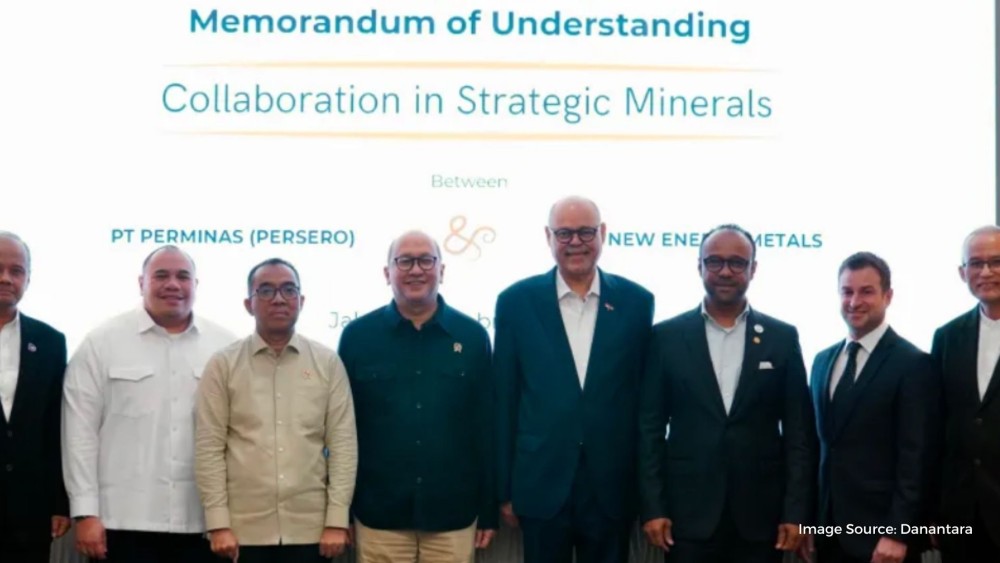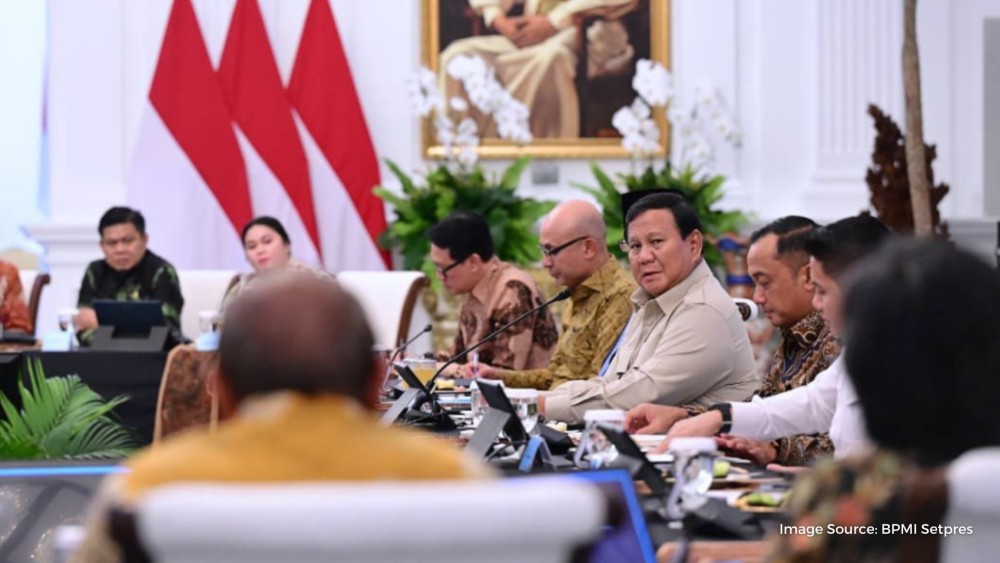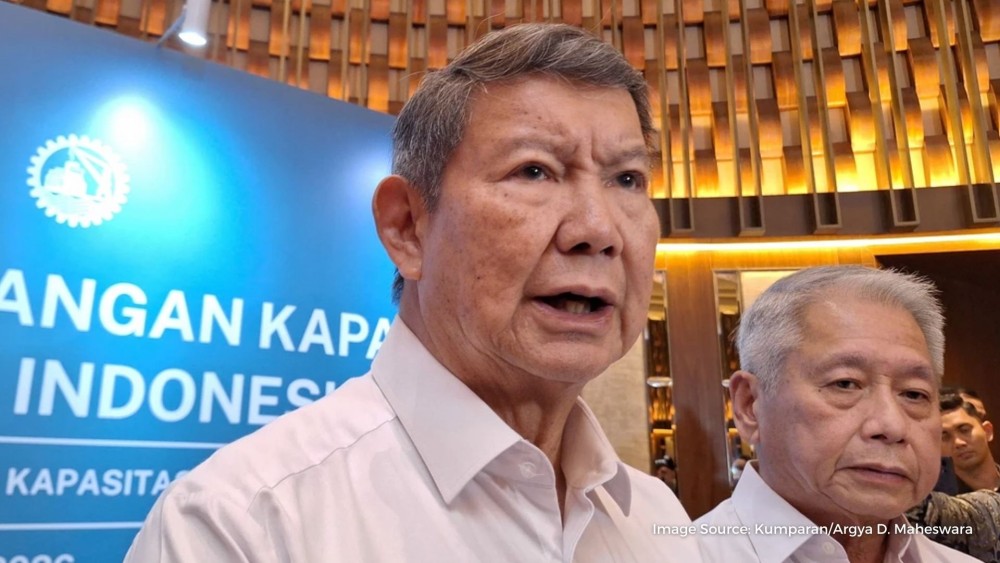Indonesia to Speed Up FTA Talks with Multiple Countries Ahead of US Trade Deal
30 Jul 2025

The Indonesian government is accelerating the finalization of key trade agreements to reduce tariffs and broaden export market access, amid looming import duties from the United States. Secretary of the Coordinating Ministry for Economic Affairs, Susiwijono Moegiarso, confirmed the efforts during the Bisnis Indonesia Mid-year Challenges 2025 event on Tuesday, July 29.
The United States is planning to implement a 19 percent import tariff on most Indonesian goods, reduced from a 32 percent rate announced in April. Certain goods such as processed nickel and coffee beans may qualify for lower rates. The US was Indonesia’s second-largest export market in 2024, accounting for 9.3 percent of total exports, or USD 28.18 billion.
In light of these developments, Indonesia has increased efforts to expand its export destinations and enhance trade resilience through broader international cooperation. The country finalized a Free Trade Agreement with the Eurasian Economic Union (EAEU)—which includes Russia, Belarus, Kazakhstan, Kyrgyzstan, and Armenia—on June 19, 2025. Additionally, the government is working to ratify a Comprehensive Economic Partnership Agreement (CEPA) with Canada, initially signed in December 2024.
“These past two weeks, we have been travelling to a number of countries, and we have achieved concrete results,” said Moegiarso as quoted by The Straits Times.
Indonesia is also advancing its accession processes for the Comprehensive and Progressive Agreement for Trans-Pacific Partnership (CPTPP) and the Organization for Economic Co-operation and Development (OECD). “For OECD, we are currently pursuing the implementation of standards that are recognized by the world so that we can improve our credibility,” said Moegiarso as quoted by Antara News.
A major development is the conclusion of negotiations for the Indonesia-European Union Comprehensive Economic Partnership Agreement (IEU-CEPA), a deal a decade in the making. The agreement is now undergoing legal review and is expected to be signed in September 2025, with implementation scheduled for 2026. President Prabowo Subianto and European Commission President Ursula von der Leyen reaffirmed their commitment to the agreement during a meeting in Brussels on July 13.
Indonesia exported USD 21.47 billion worth of goods to the EU in 2024, representing 7.4 percent of total exports. The Netherlands and Germany were the top European importers of Indonesian goods such as chemical products, vegetable oil, cocoa beans, footwear, and electrical equipment.
Palm oil, coffee beans, and aroma essences are among the sectors expected to benefit from the IEU-CEPA. Indonesia remains the world’s top exporter of palm oil, supplying around half of global demand. Despite tighter sustainability regulations, the EU continued importing Indonesian palm oil in 2024.
Shinta Kamdani, Chairwoman of the Indonesian Employers’ Association (Apindo), was quoted by The Star saying, “A CEPA does not just give market access but is also about capacity-building and cooperation.” Speaking at a panel on July 23, she added, “It is not only about signing an agreement, but how we can utilise the agreement.” She cited Indonesia’s CEPA with Australia as a successful example of industry-government collaboration.
Quoted by The Star, Fithra Hastiadi, Senior Adviser to the Presidential Communication Office, stated that wider EU market access “creates a positive signalling effect, which in turn will help Indonesia enter other markets.”






